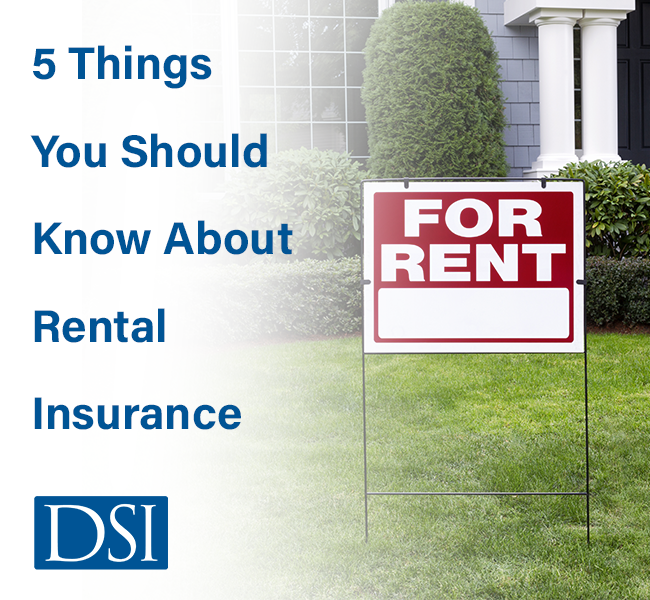If you own rental property, having the right insurance is essential. Insurance on rental properties can be confusing and complicated. Here are five tips that will help you focus on getting the most bang for your buck.
1. The name of the person insured needs to match the name on the deed. Whether you own the property individually or in a limited liability company or corporation, the insurance policy needs to match exactly. This is important because if you must file a claim, the check will be made out to the named insured. It is also important when it comes to liability coverage. Some insurance carriers won’t insure properties owned by corporations, some will.
2. Get business income/loss of use coverage. This coverage will pay the rent if you have a claim, and the house is unlivable. If you have a covered loss – a fire, for example – and your tenant can’t live there, they probably won’t pay the rent. Business income/loss of use coverage will pay you the lost rent up the policy limit. After hurricane Katrina, some houses took years to rebuild. Business income/loss of use is extremely valuable in such a circumstance.
3. Replacement cost/actual cash value. Try to get replacement cost coverage if possible. Replacement cost means that the insurance company will rebuild the house at today’s price. The actual cash value means that the insurance company will depreciate the value of the home.
4. Buy at least $300,000 of liability coverage. Owning rental property with tenants is risky. If they slip and fall, you are going to be sued. You want to have at least $300,000 of liability because the insurance company would fight a little harder if you only had $100,000.
5. Insure the property for the replacement value instead of the market value. If the house burned down, you would need to hire a builder to rebuild it. That builder will charge you whatever the going rate in your area is to get you back what you had. The market value on some rental properties is VERY different than the replacement value. Make sure you understand the difference and insure it for the correct value.
I hope these five tips will help you get the most for your insurance dollar. If you have any questions, please contact us or fill out the form below!

